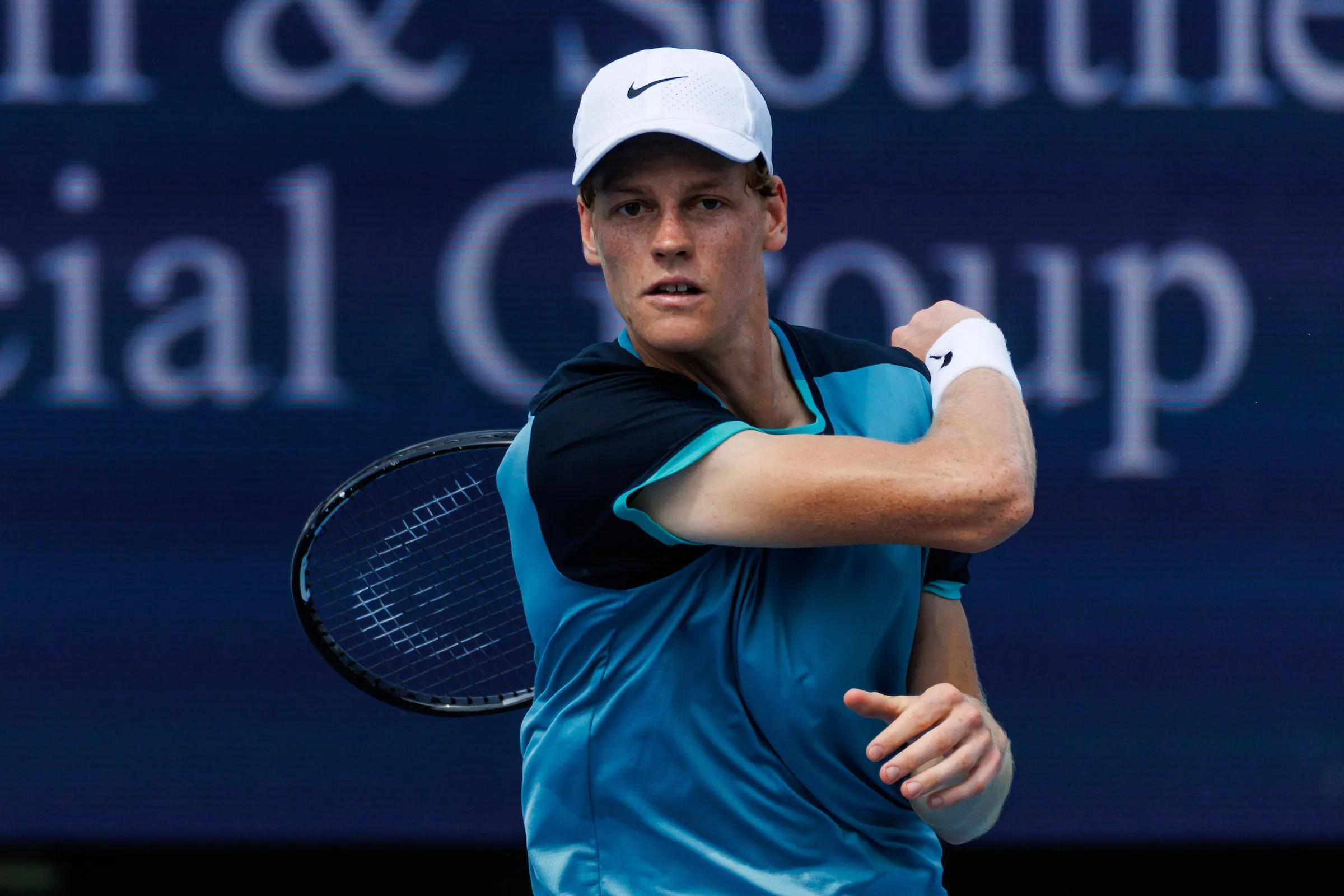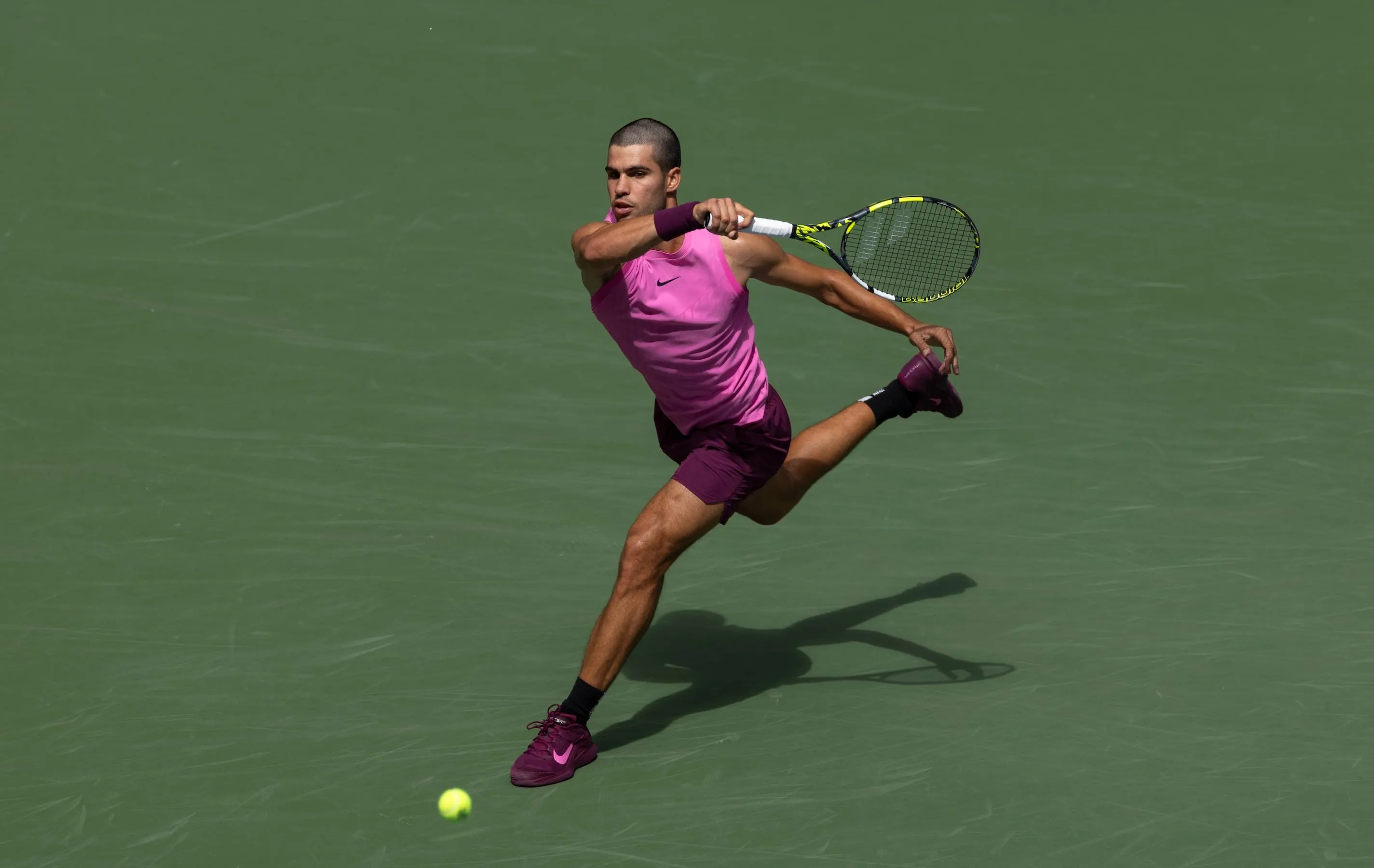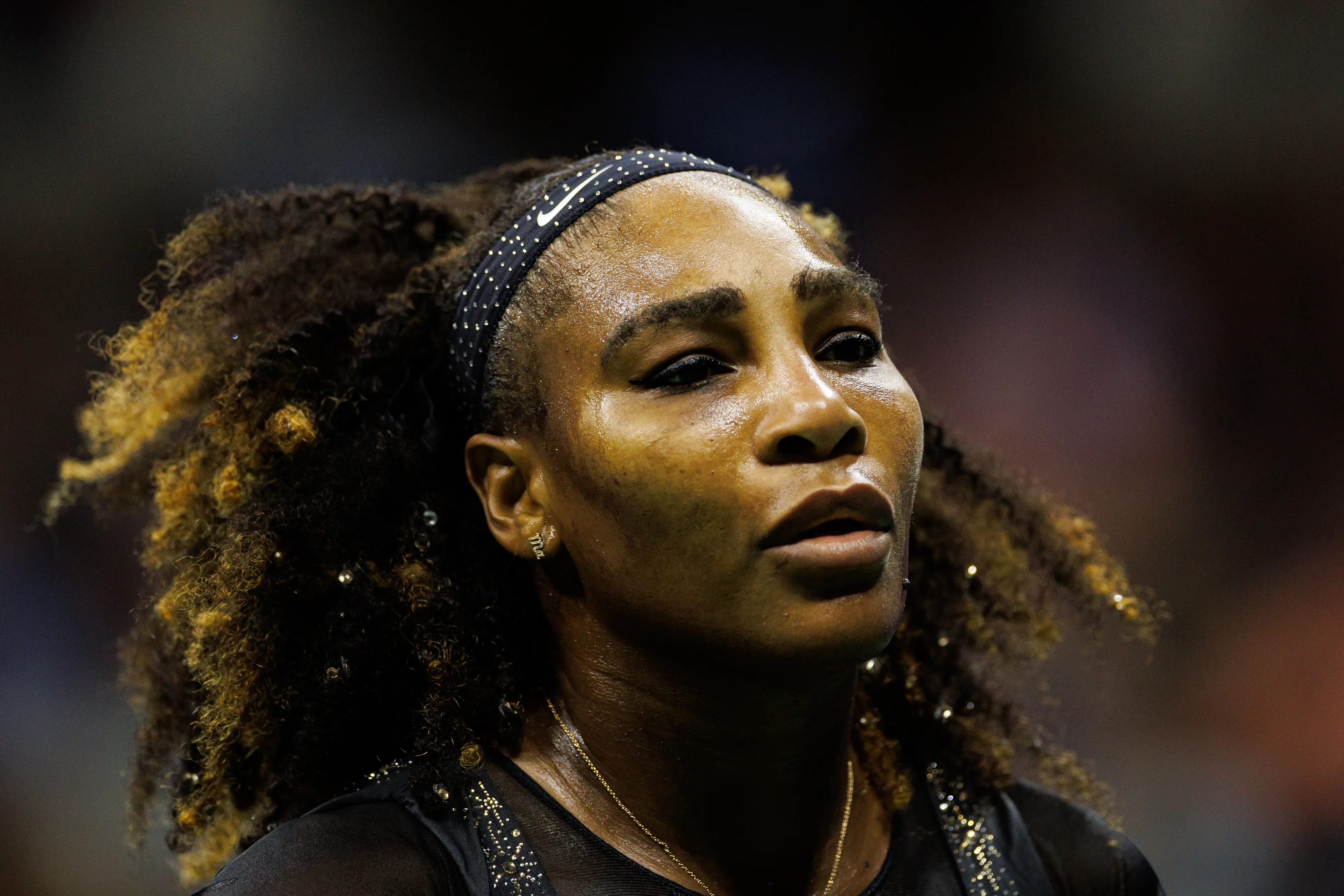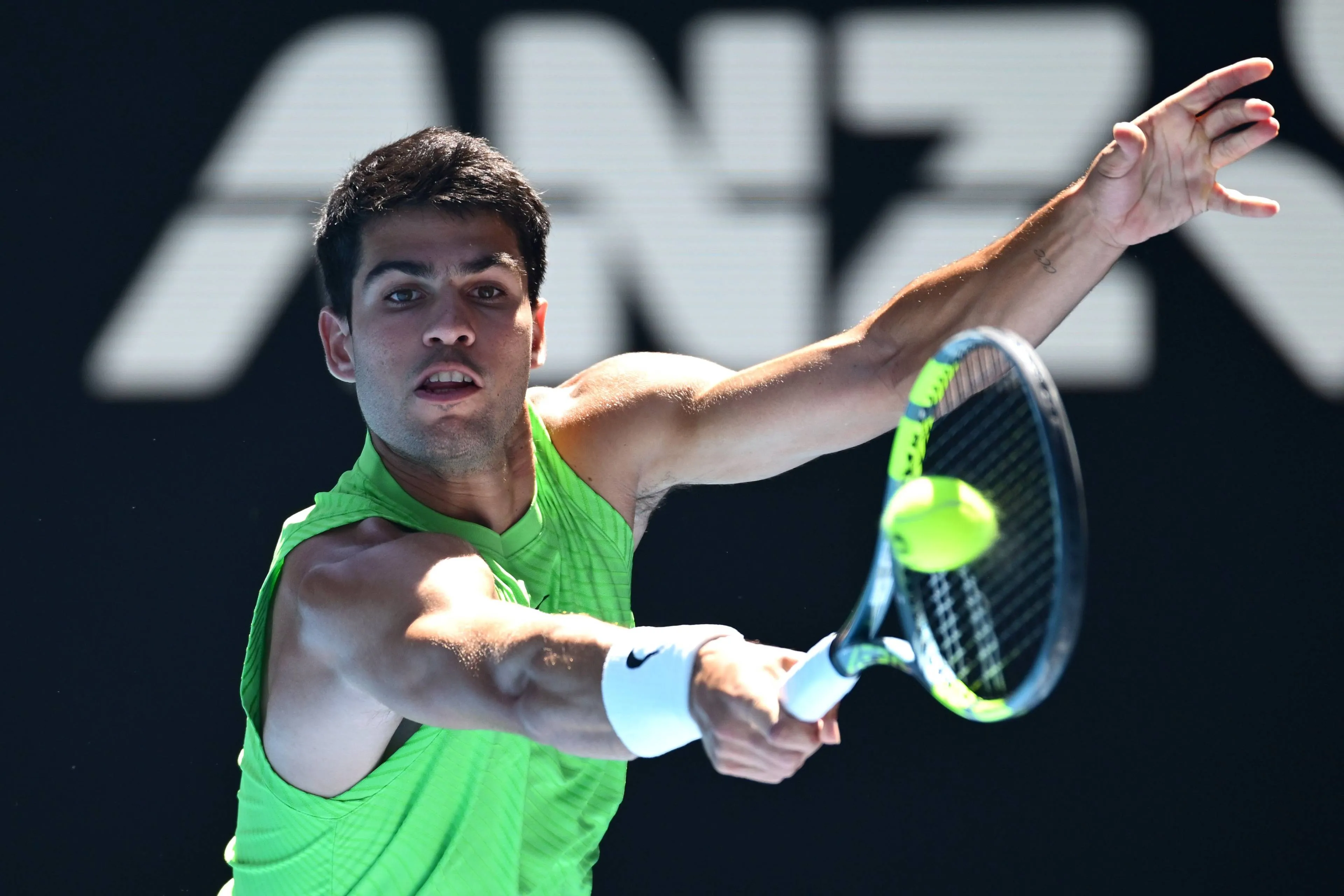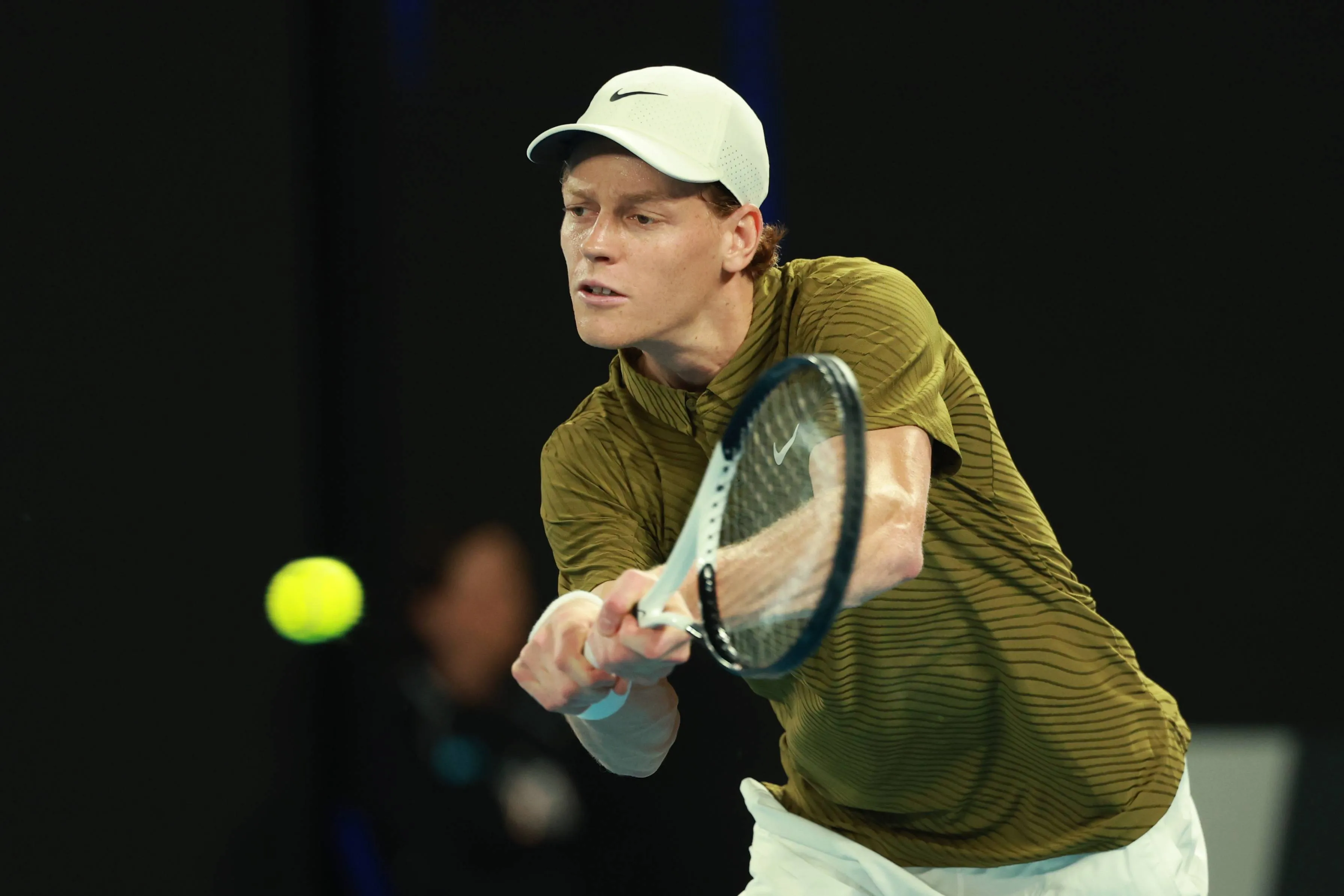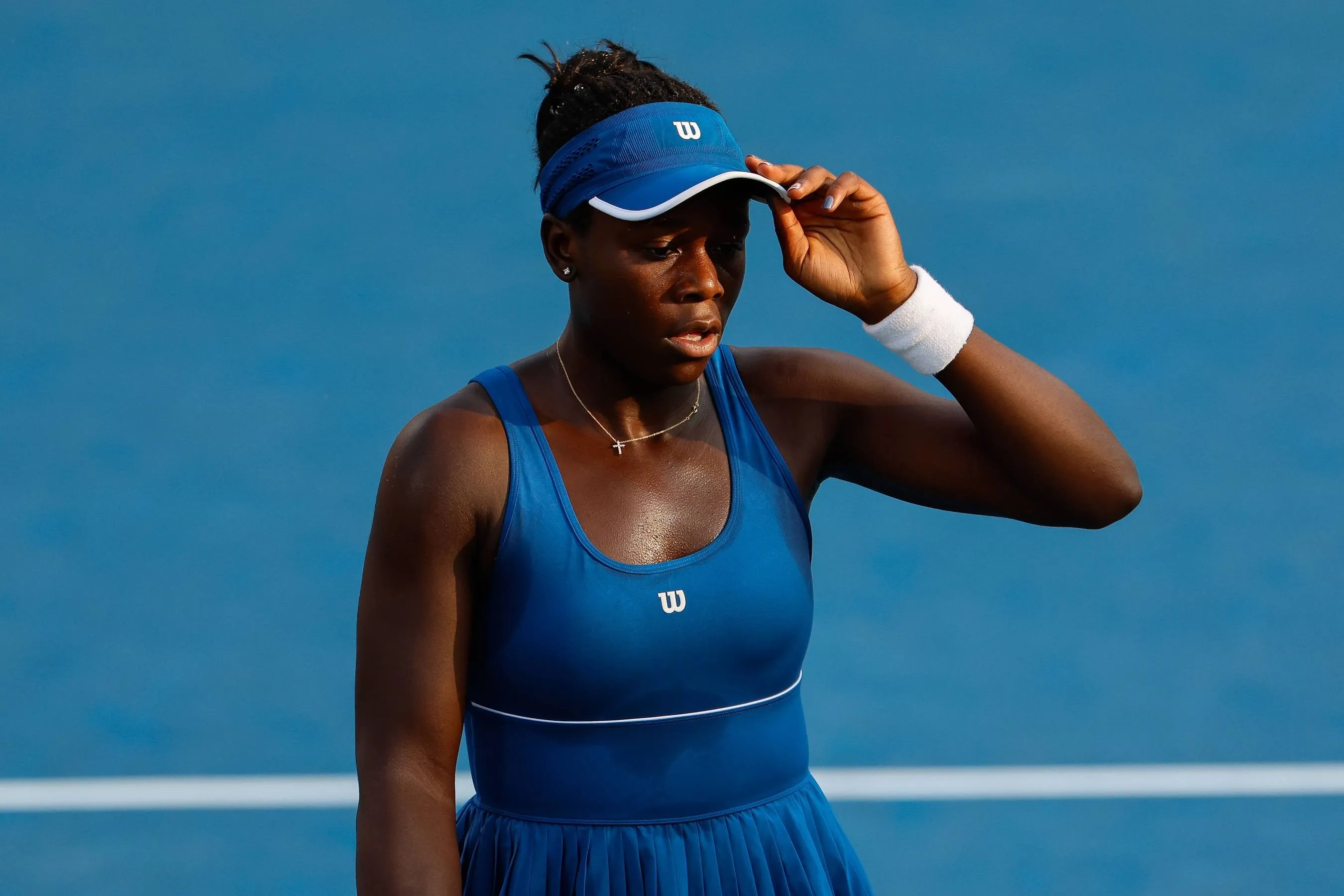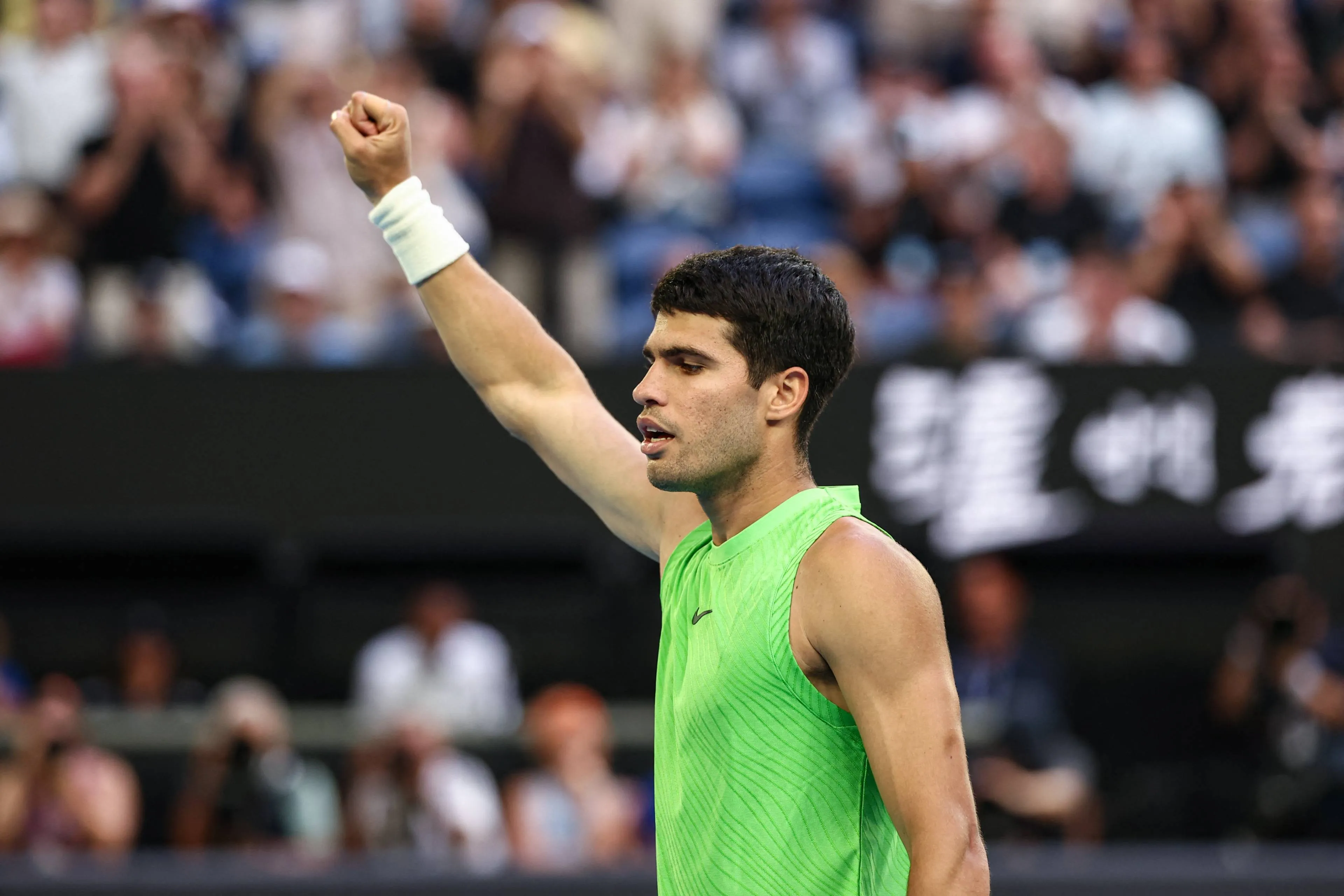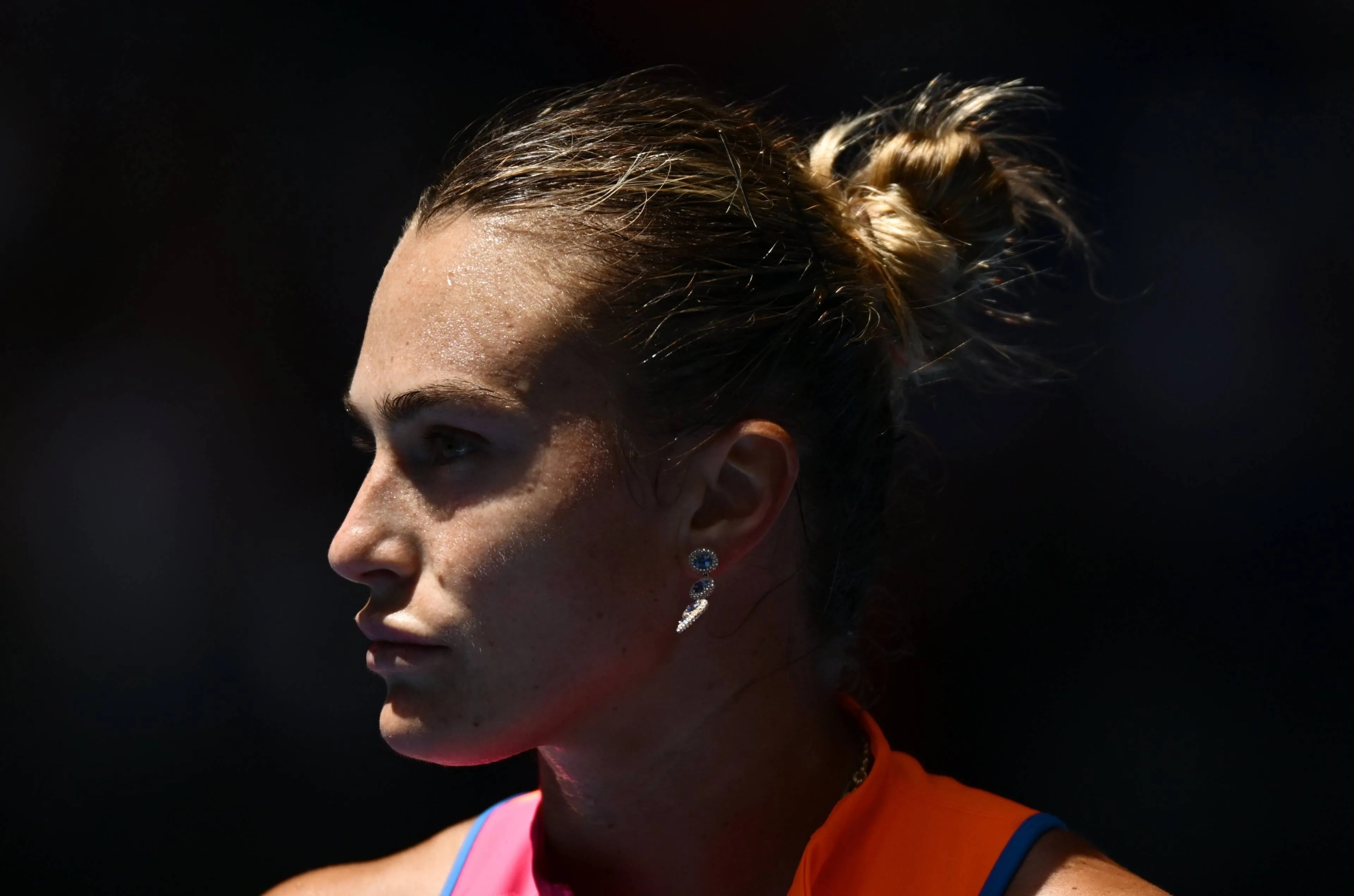Novak Djokovic appears to take dig at Carlos Alcaraz with latest calendar comments
NewsFriday, 03 October 2025 at 15:10

Novak Djokovic made comments about Carlos Alcaraz's complaints, considering the current tennis calendar.
There are two main complaints that tennis players have been voicing in recent years. One of those was related to the quality and consistency of the tennis balls used at events, and the other one to the calendar and its length.
Today, players have to play more mandatory tournaments than they ever had to play, and the length of those events is longer than before, as the vast majority of the ATP and WTA 1000 tournaments are now two-week events.
Some have spoken against the two-week events, including Novak Djokovic. That's one of the reasons why the Serbian legend was asked about Alcaraz's recent complaints about the length of the calendar. Djokovic answered the question during his press conference at the Shanghai Masters.
"I was personally against the extension of the days of duration of the Masters 1000 events, right? I felt from the very beginning that I was against it. Actually, even when I was in the council, I think I was at the time president of the council, so I was not supportive of that. I think for the players it's not good."
"From one perspective, you could say, I mean, for me at my age right now, to have the days between the tournaments is good. But I think overall for most of the players it just takes away the days in the schedule, in the calendar. Personally, I'm not supportive of that."
"I understand that there is upside to the tournaments and so forth, but as a player, I never liked that. So I do empathize or sympathize with players who are against that, because now they are realizing, I guess, that it's not really great."
Although Djokovic is not a fan of the extended events, he also knows that the best of the best, who happen to be also those complaining (Alcaraz, Iga Swiatek, Coco Gauff are those who made comments in the past week), can choose their schedule.
Although they might lose some money, they can afford to do that and prioritize their schedule and well-being. That's why Djokovic isn't supportive of these players complaining about the schedule, especially since some of them then sign up for exhibitions during the off-season.
Alcaraz is one of the players who complain about the schedule and plays probably the most exhibitions out of the top players. That's an approach that Djokovic finds contradictory, considering the Spaniard's comments.
"But at the same time, look, you always have, it's an individual sport, so there are choices to be made. At the end of the day, you can still make choices. I see some players maybe say there are rules imposed and etcetera. But there are rules imposed for the bonus. So you can miss the bonus, but it's the choice that you are willing to make if you want to play less."
"But then there are exhibitions as well that players are signing up for, so it's a little bit contradictory. I guess I've been talking about this topic for so many years, this is not the first time."
Novak Djokovic says he was one of the first to call for changing the schedule
During his press conference, Djokovic also mentioned that he was one of the first players to open the topic of the tennis calendar and the need to shorten it. He also understands it's a complex topic, but knows the current state of the calendar is not ideal.
"And people who know me and know my press conferences and my time in the council, they know that more than 15 years ago, I was talking about us needing to come together and reorganize the schedule and the calendar. Even way before the 30-year deal plan came to realization with the Masters events."
"But it's a very long topic, so I don't know where to start, where to finish, to be honest. It's very complex, it's not that simple. I don't want to sound like I'm supportive or not supportive, because there are different elements that you have to take into consideration."
"The monopoly that has been created in this sport has been very strong for the last, you know, three, four decades. And there are people who just don't want to change things in our sport for the better, in terms of when it comes to the players' welfare. Because everybody works in their own interest. And that's logical, I guess, business sense."
Novak Djokovic calls out fellow players for not being united enough
According to Djokovic, who launched his own Professional Tennis Players Association (PTPA), tennis players are currently not united enough. He criticized those who made comments about the schedule but did not take any actionable steps.
"In the end, as a player and someone who has been playing on the highest level for more than 20 years, I can say that the players are not united enough. Players are not participating enough when they should be. So they make the comments and they complain, and then they go away. And then if something is wrong, after a certain amount of time, they come back again."
"But you have to invest the time, you have to invest energy yourself, not your agent, not your team, not your parents, not anybody, yourself, to dedicate yourself to understand how the system works, to understand what are the things that can be done to be reversed, to be improved in terms of the players' interest."
"For that to happen, you need the top players, particularly, to sit down, roll up their sleeves, and really care a bit more about participating in understanding all of the hot topics, I would say. Because going out in the media and talking about this and that, okay, it might stir up some energy or some attention. But at the end of the day, it's not going to change, nothing is going to change. I know it from my personal experience, trust me."
Read also
Loading

